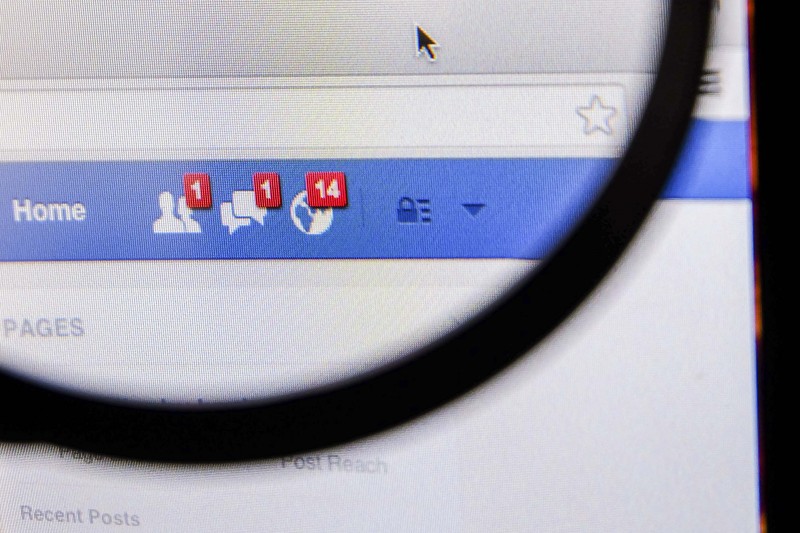Researchers at Facebook have undertaken what they describe as one of the largest scale studies of spam clicking behaviour, to reveal what kinds of people still fall for social media spam scams and why.
Facebook relies on a dynamic set of machine learning classifiers to automatically identify and remove spam from users’ News Feeds.
However, the researchers admit, “some spam content manages to evade detection and engage users” be they links offering counterfeit pharmaceuticals or games.
Facebook’s Neha Chachra and Brian Waismeyer collaborated with the University of Maryland’s Elissa Redmiles on an analysis of de-identified, aggregated Facebook log data covering 600,000 users, to identify patterns in those that click on spam containing URLs.
Perhaps unsurprisingly, the study found that the more active a user was on Facebook the less likely they were to click on spam, although the link was weak.
“Activity level is also weakly correlated with skill using Facebook and the Internet more broadly, suggesting that skill-improvement may help drive down clicks on spam,” the researchers write in their paper, Examining the Demand for Spam: Who Clicks? which will be presented at the Conference on Human Factors in Computing Systems in China this April.
It was also found that people in communities with more spam were also less likely to click.
“This suggests support for interventions that expose people to spam or phishing content as part of a training process, as exposure to this content may help them discern trustworthy content from spam,” the researchers noted.
Users were also less likely to click on spam content from friends than from friends-of-friends.
The researchers hypothesise this to be “because people on Facebook have established expectations for content that should come from friends, and spam often does not fit these expectations”.
However, the researchers also discovered that spam reshared by friends was more likely to be clicked than spam reshared by friends of friends or Pages.
“This suggests that people on Facebook may have nuanced heuristics for assessing spamminess – where reshares of unusual content posted by friends lend credibility while reshares of content posted by unknown sources adds suspicion,” they added.





